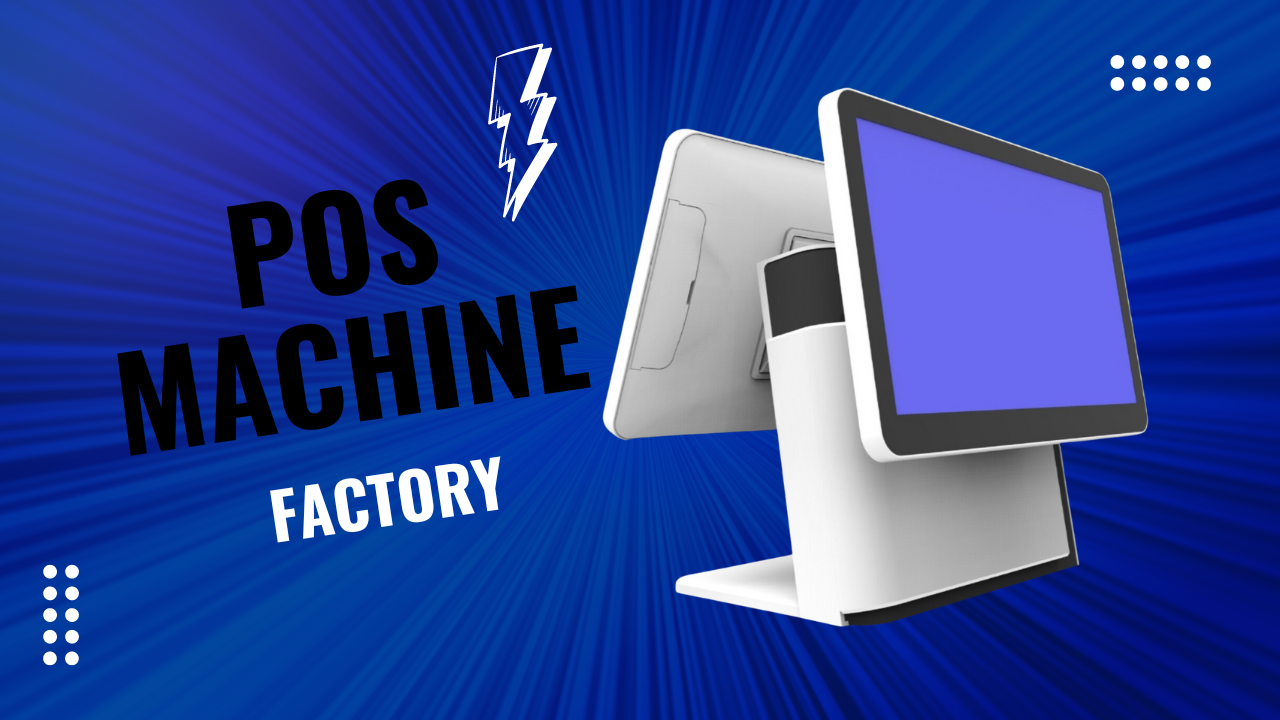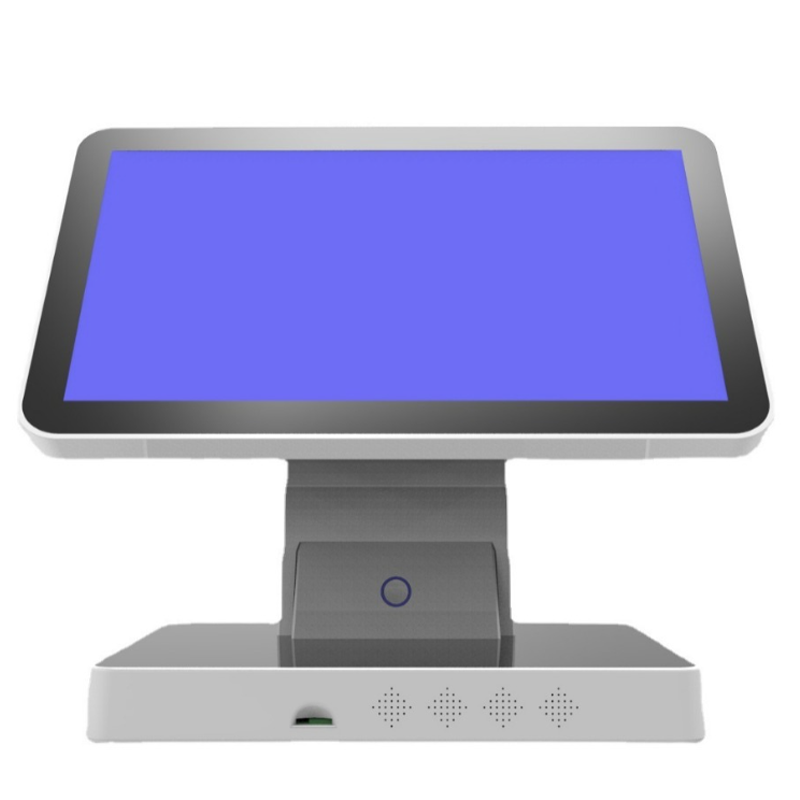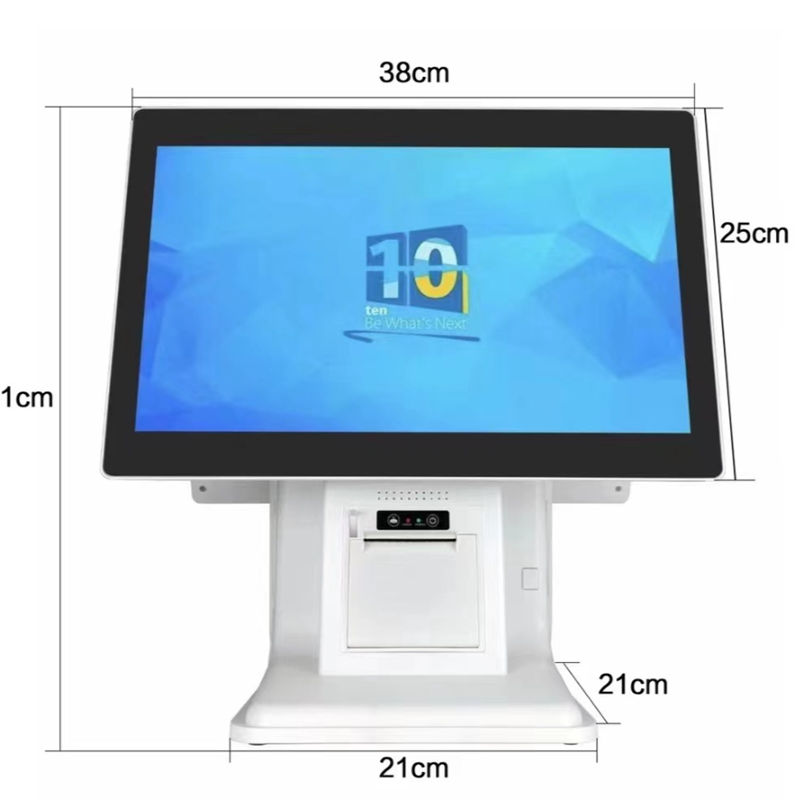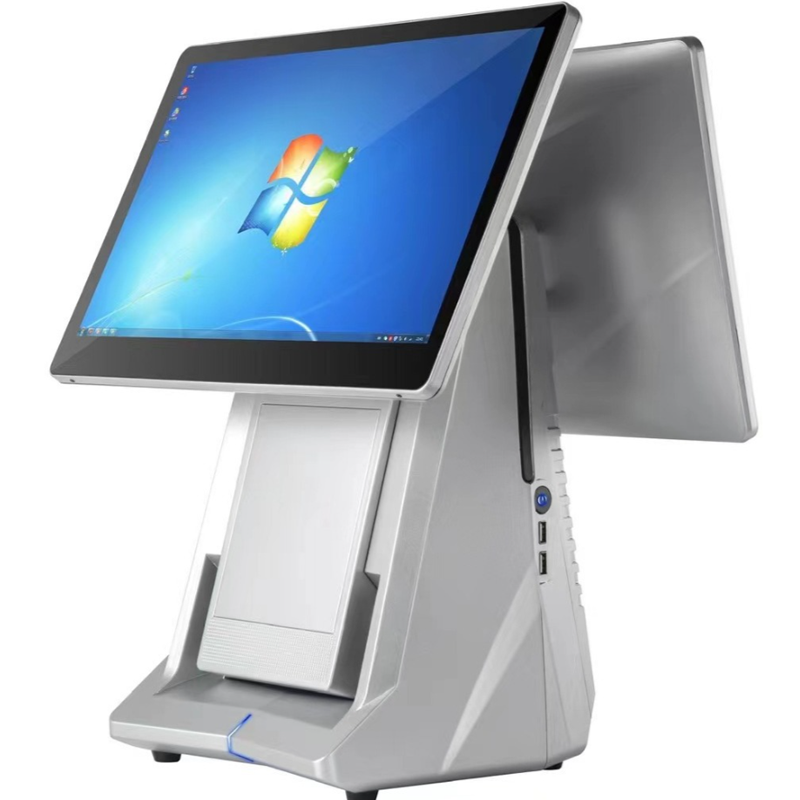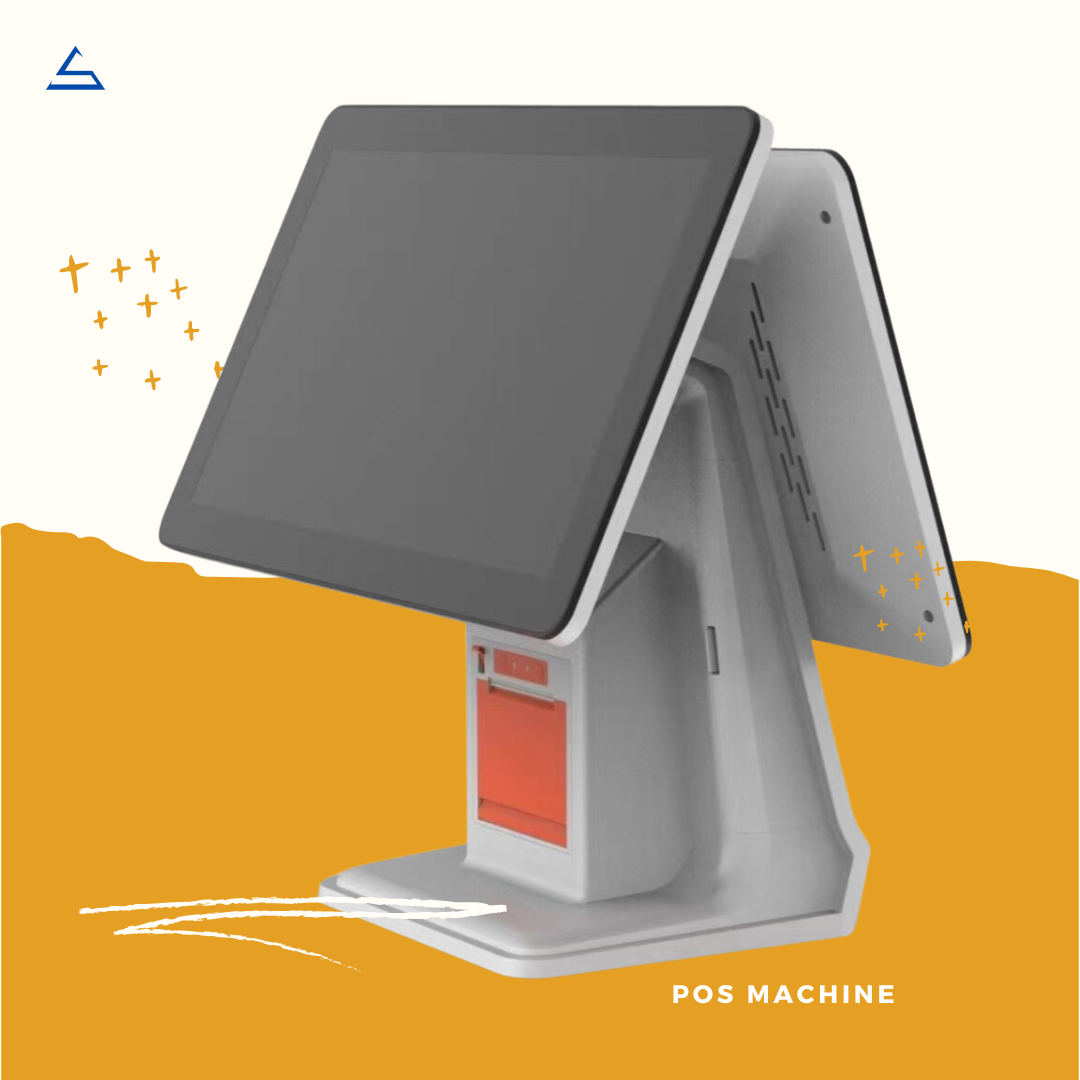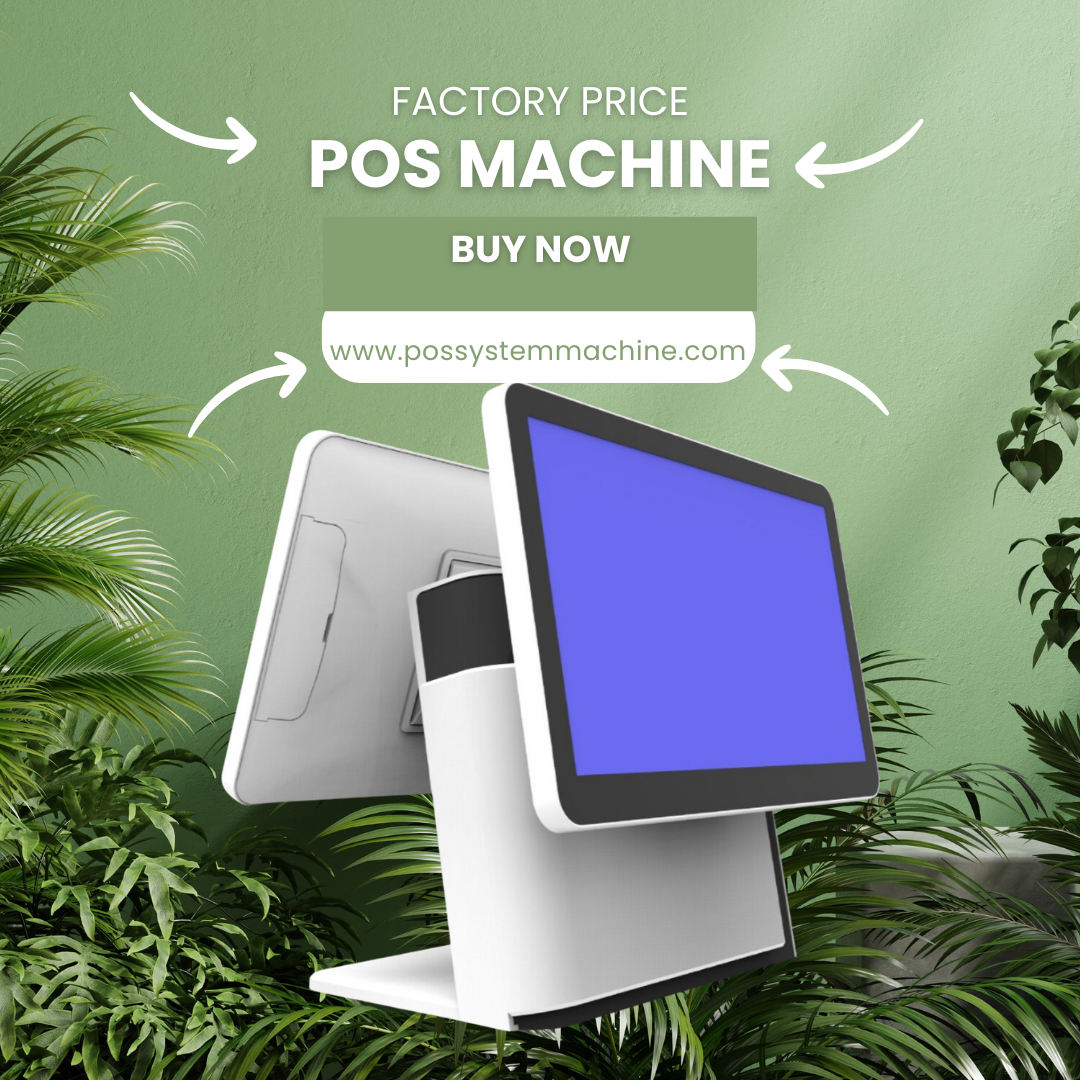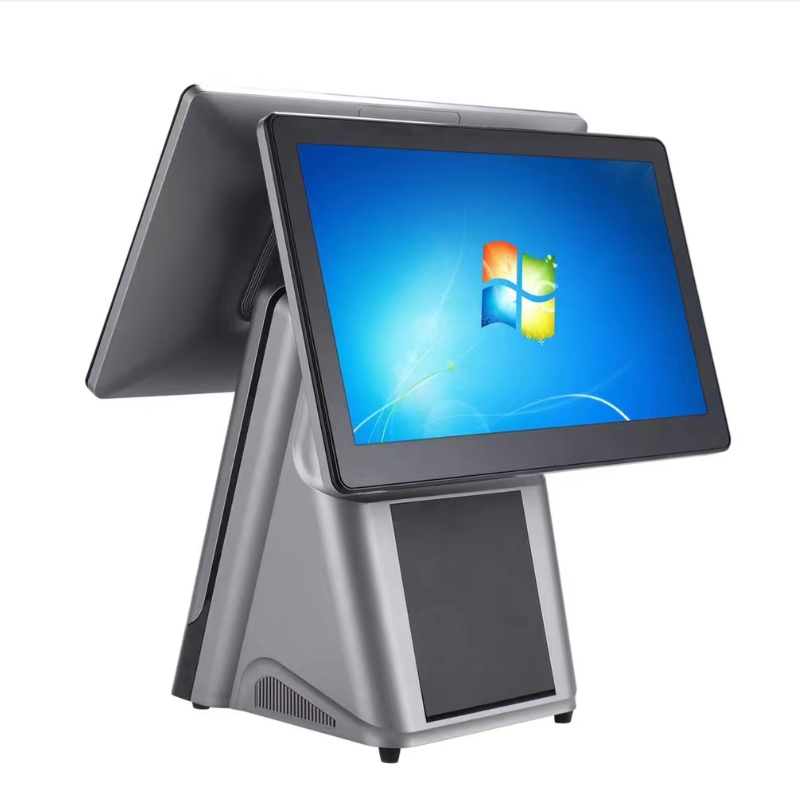Why a Cash Register is Essential for Every Business
Spis treści
Podsumowanie
In today’s commercial environment, managing transactions efficiently is key to running a successful business. Regardless of whether you operate a small retail shop or a large supermarket with multiple checkout counters, having a system in place to accurately track sales, secure cash, and streamline operations is vital. The POS cash register has evolved from a simple mechanical device into an advanced technological tool, used globally across industries to manage transactions, record sales, and prevent losses due to theft or human error. This article delves into the technological and operational advantages of cash registers and why they are indispensable to modern businesses.
The Evolution of Cash Registers: From Mechanicals to Integrated Systems
Cash registers have come a long way since their inception. Initially, they were purely mechanical, used to calculate totals and store cash in physical drawers. Over time, these machines transformed into electronic devices that could integrate with other systems like barcode scanners and card readers. Today’s POS systems are not just simple registers; they have evolved into comprehensive business management tools that track inventory, monitor sales data, and automate financial reporting.
| Evolution of Cash Registers | Key Features |
|---|---|
| Mechanical Registers | Basic calculations, secure cash drawer |
| Electronic Registers | Receipt printing, card reader integration |
| Modern POS Systems | Inventory management, cloud integration, real-time reporting |
Advanced Features of Modern POS Systems
Nowoczesny Kasy fiskalne POS offer more than just basic transactional capabilities. Advanced systems come equipped with features that simplify business operations significantly. These include automatic cash drawer management, receipt generation, inventory tracking, and secure electronic payments. With barcode scanners, prices are instantly pulled from a product database, and discounts, taxes, and other calculations are handled automatically, ensuring speed and accuracy at checkout.
Additionally, integrating debit and credit card payment systems means businesses can accommodate a wider variety of payment methods, enhancing the customer experience and capturing more sales.
Cash Drawer Security
The integration between the cash register and the cash drawer is a key feature for securing money. The drawer only opens after a sale is completed, thus preventing unauthorized access. Each transaction is recorded, and businesses can easily track cash inflows and outflows. In case the drawer needs to be accessed without a sale, special features like the “No Sale” button or a secure key-based system ensure that these actions are logged, deterring theft.
Essential Components of a POS System
- Barcode Scanner: Speeds up checkout by instantly pulling product data.
- Receipt Printer: Provides customers with transaction records, and stores soft copies.
- Cash Drawer: Electronically locked and opened only during sales, ensuring security.
- Card Reader Integration: Facilitates secure credit and debit card payments, recorded along with cash sales.
Advantages of Cash Registers for Businesses of All Sizes
Improved Efficiency: By automating calculations and reducing manual data entry, cash registers speed up transaction processes. This is especially useful during peak hours in retail environments.
Accurate Record-Keeping: POS systems log every transaction in real time, which helps with accurate reporting and financial management.
Enhanced Security: With features like electronically locked cash drawers and detailed transaction records, POS systems greatly reduce the risk of theft.
Inventory Management: Zaawansowany POS systems help businesses keep track of stock levels, trigger reorder alerts, and manage product data efficiently.
Benefits Across Different Business Sectors
While cash registers are indispensable in retail environments, they also benefit a wide variety of other industries. Restaurants, for example, can manage complex orders, track tips, and integrate POS systems with kitchen printers for seamless operations. Service businesses like salons or repair shops can benefit from appointment scheduling and service pricing features. Entertainment venues like cinemas and theme parks use cash registers to handle large transaction volumes, including ticket sales, concessions, and merchandise purchases.
Często zadawane pytania (FAQ)
1. What is the primary function of a cash register?
The primary function of a cash register is to record sales transactions, store cash securely, and print receipts for customers. Modern POS systems also offer advanced functions like inventory management and detailed sales reporting.
2. How does a cash drawer ensure security?
The cash drawer is electronically locked and only opens when a sale is made. This prevents unauthorized access and helps in tracking cash flow.
3. Can a POS system handle multiple payment methods?
Yes, modern POS systems are capable of handling multiple payment methods, including cash, credit and debit cards, and mobile payments.
4. Do cash registers help with inventory management?
Yes, advanced POS systems are equipped with inventory management features that track stock levels, trigger reorder alerts, and manage product data.
5. How do businesses benefit from integrating POS systems?
Businesses benefit from faster transaction processing, reduced human error, improved security, and better customer service with the integration of POS systems.
This technologically advanced and secure solution is not just an asset but a necessity for businesses looking to streamline operations and maximize profits.
Tagi
Produkt
Blog
Kontakt
Powiązane produkty
Często zadawane pytania dotyczące produkcji skrzyń drewnianych

